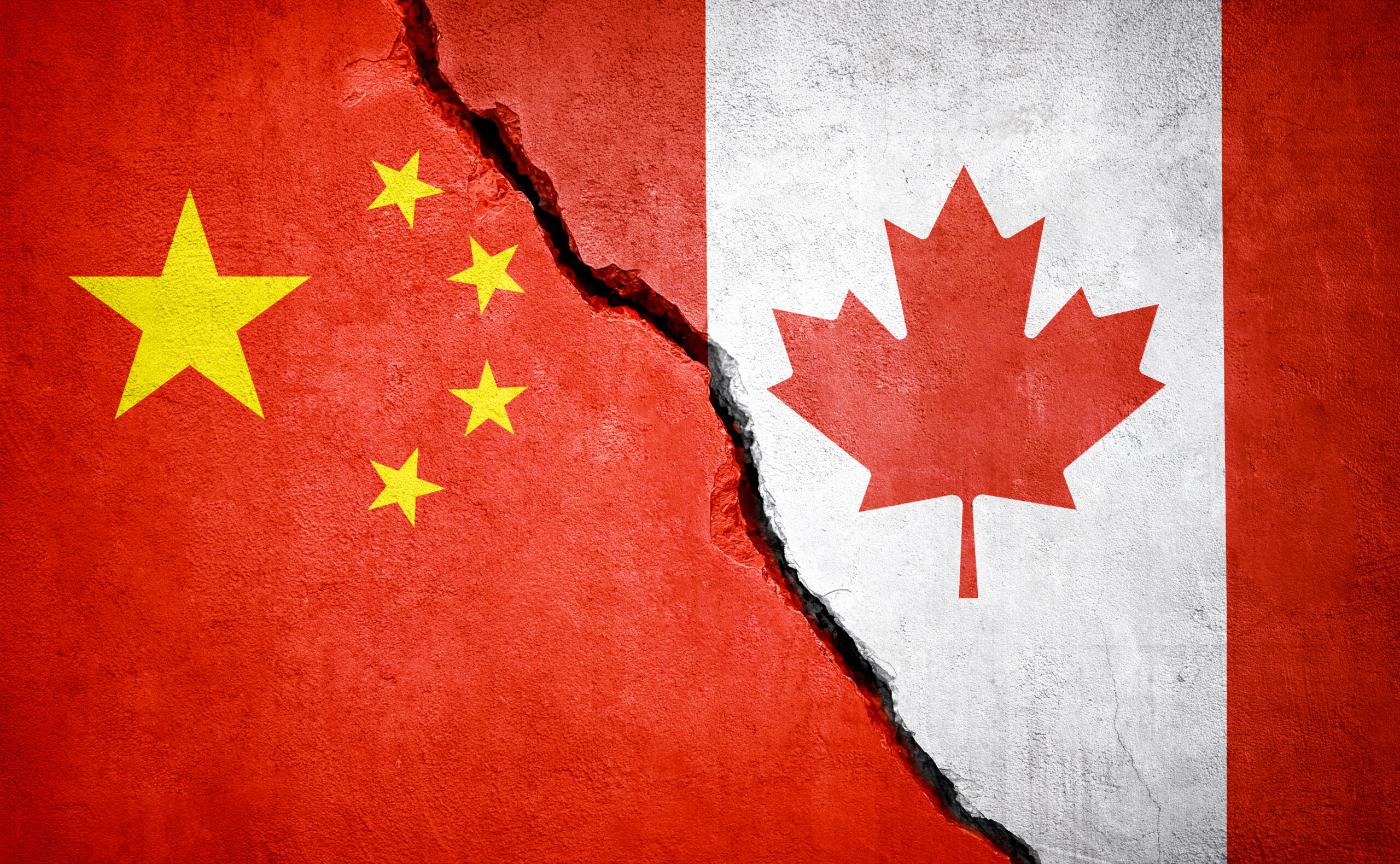In a decisive move to safeguard Canada’s strategic resources, the Trudeau government has intervened to ensure that Vital Metals Limited‘s (ASX: VML) stockpiled rare earth materials remain within the country. This intervention prevents the sale of these materials to a Chinese buyer, maintaining the integrity of Canada’s critical mineral supply chain.
The Critical Minerals Institute (CMI) Director Tracy Hughes commented: “Understanding critical minerals is our priority, and while I have invested 15 years of my professional career in this sector, this announcement leaves me with more questions than answers. I cannot comprehend how any of us can answer questions for a supply chain that we do not have working yet. For instance, one expert told us that the SRC processes monazite, a process that does not work with bastnaesite ore, and Nechalacho’s deposit is bastnaesite. According to this source, essentially, the SRC just bought a significant amount of bastnaesite concentrate from a facility that had previously announced it processes monazite.”
Vital Metals, a small Australian firm operating in Canada’s Northwest Territories, has entered into an agreement to sell its stockpiled rare earth material to the Saskatchewan Research Council (SRC) for C$3 million. This deal supersedes the company’s earlier plan to sell the same stockpile to China’s Shenghe Resources Holding Co. for C$2.4 million, a transaction announced in December.
Another CMI Director, Alastair Neill, added: “The SRC could perhaps blend the monazite with the bastnaesite stockpile from Vital Metals. I believe the Chinese have been doing this for years… just not following where the SRC is sourcing their monazite?”
The Canadian government views the Nechalacho rare earths mine as a “strategic asset that contributes to the country’s prosperity and critical mineral goals,” according to a statement from Vital Metals. This move is part of a broader effort by Prime Minister Justin Trudeau’s administration to limit Chinese involvement in Canada’s critical minerals sector. The government has made it clear that any transactions involving domestic mining companies and Chinese government-linked firms will face stringent scrutiny and will only be approved under exceptional circumstances. This policy was underscored last year when three Chinese investors were ordered to divest their stakes in Canadian lithium firms.
Critics of the initial deal with Shenghe argued that selling Canada’s rare earth stockpile to China was contrary to the country’s critical minerals policy. The revised deal with SRC is seen as the right decision, highlighting the strategic approach of using incentives rather than prohibitions to influence corporate actions.
Natural Resources Minister Jonathan Wilkinson played a pivotal role in facilitating this deal. Concerned about the potential sale to China, Wilkinson emphasized to Vital Metals that rejecting the government’s offer could jeopardize future government incentives. This negotiation was crucial given Vital’s previous financial difficulties, including a $5 million loan from Ottawa to build a processing facility in Saskatoon that later went into receivership. Interestingly, the SRC has purchased bastnaesite concentrate from Vital, despite its earlier focus on processing monazite.
Prime Minister Trudeau, during a visit to Vital Metals’ processing plant in 2023, commended the company’s efforts to establish a Canadian rare earth supply chain, noting the challenges of partnering with China. This strategic pivot is also reflected in Vital Metals’ ongoing development of the Tardiff region of the Nechalacho property, with plans to deliver a scoping study by the end of 2024.
Geordie Mark, CEO of Vital Metals, acknowledged the significance of the Nechalacho project and its alignment with Canada’s critical minerals strategy. “This agreement highlights the strategic value and importance of the Nechalacho rare earths project, and the prioritization of a rare earths value chain in Canada,” he said. Mark’s comments underscore the importance of developing a robust North American supply chain for rare earth elements, which are crucial for various high-tech and defense applications.
Tracy added: “I do not know how we expect any government to make these investment decisions when the experts I know are confused. The Critical Minerals Institute is pleased to work with various levels of government on making critical mineral supply chain decisions for the benefit of all Canadians.”
The federal government’s stance on Chinese investment in the critical minerals sector remains firm. Federal Industry Minister François-Philippe Champagne reiterated that Chinese companies will only be allowed to finance Canadian critical minerals firms on an exceptional basis. This policy shift aims to reduce China’s dominance in the global supply chain of critical minerals, especially those essential for battery technology such as lithium, cobalt, graphite — and rare earths.
Editor: InvestorNews
InvestorNews is a capital market & equity funding news source.
This article was published by: InvestorNews
Visit the original article here



